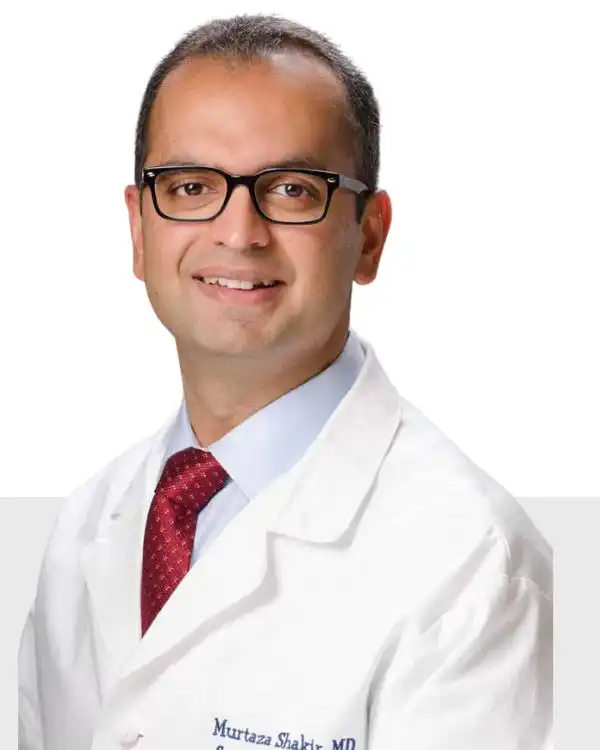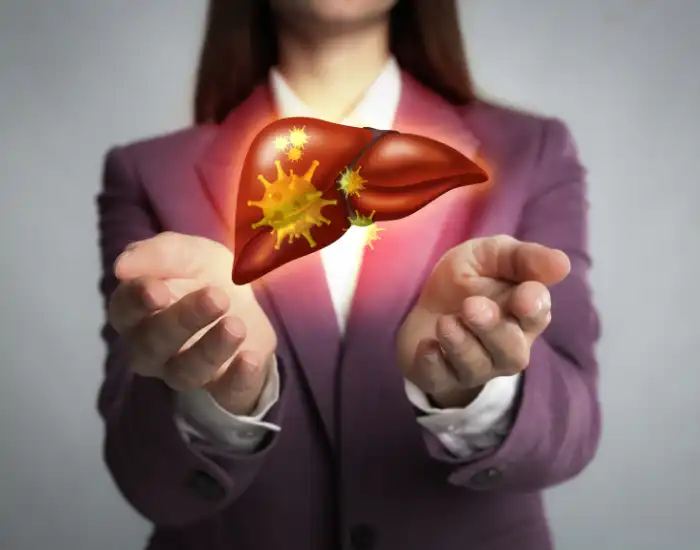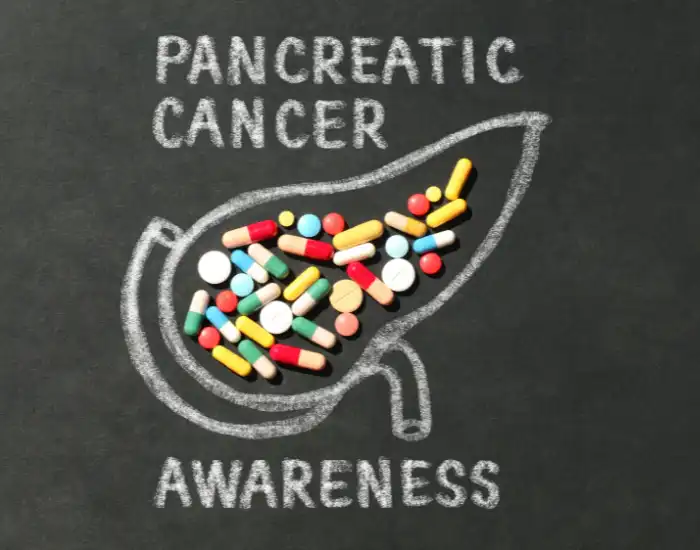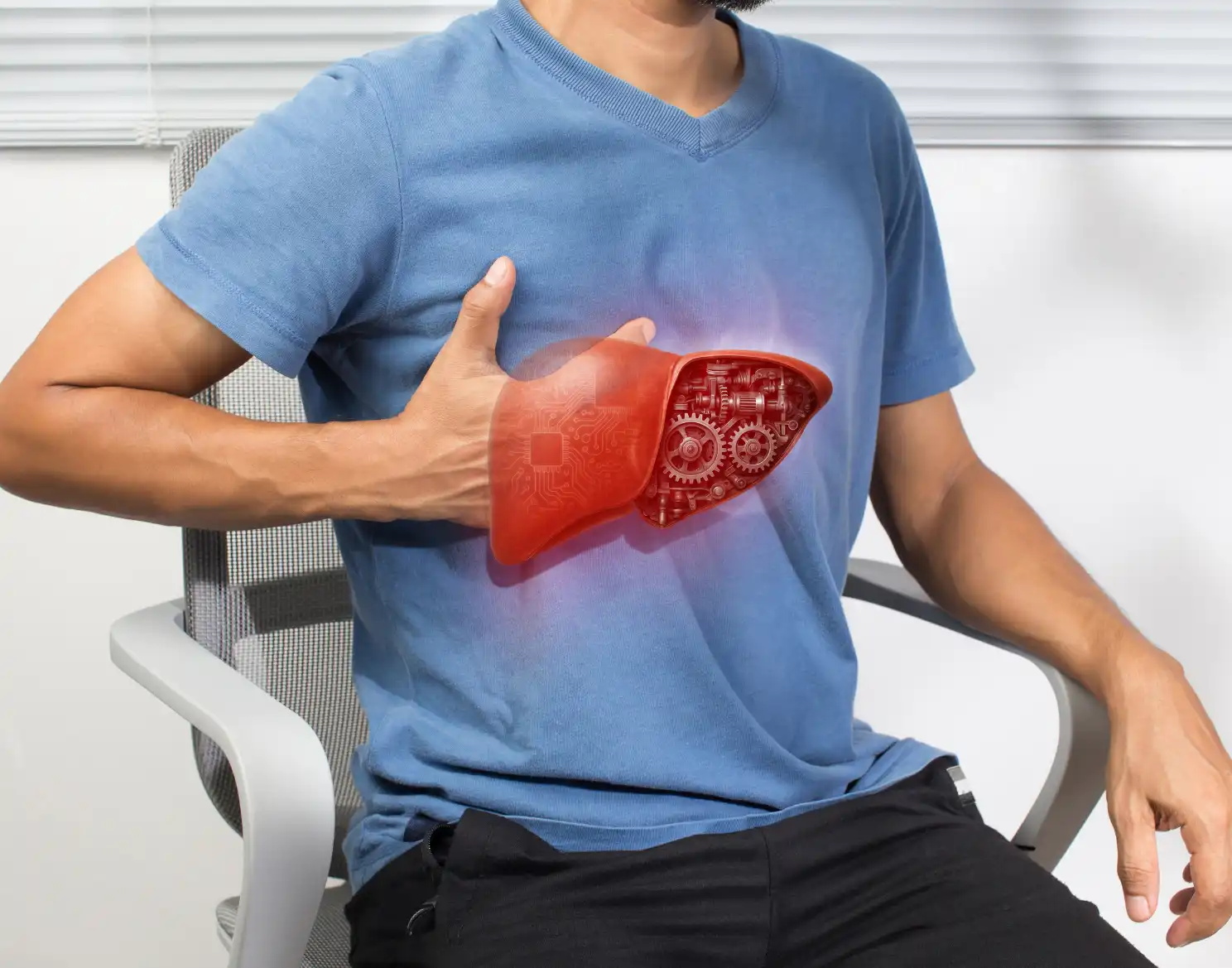Acid reflux is more than just an occasional discomfort after a spicy meal or a heavy dinner. For many people, it evolves into a persistent, chronic condition known as gastroesophageal reflux disease (GERD) that can significantly impact daily life. Beyond the annoying burning sensation or regurgitation, chronic acid reflux can disrupt sleep, lower quality of life, and even cause long-term damage to the esophagus if left untreated. While lifestyle changes—such as diet modifications, weight management, and avoiding triggers—and medications like antacids or proton pump inhibitors (PPIs) provide relief for most sufferers, these treatments don’t work for everyone. Some patients continue to experience severe, frequent symptoms despite medical therapy, or they may develop complications like esophageal inflammation or narrowing. For these individuals, surgery may offer a more permanent and effective solution. But how do you know when it’s time to consider reflux surgery? In this blog, we’ll break down the nature of acid reflux, explore the limits of medication and lifestyle changes, and highlight the key signs that suggest surgical intervention could be the right next step for your health and well-being.
Table of Contents
- What Is Acid Reflux?
- Understanding GERD
- Common Treatments and Their Limitations
- When Is Surgery Considered?
- Types of Reflux Surgery
- Risks and Benefits of Reflux Surgery
- Life After Surgery: What to Expect
- How Surgical Associates of Southern Texas Can Help
- Final Thoughts
1. What Is Acid Reflux?
Acid reflux occurs when stomach acid flows backward into the esophagus — the tube that connects your mouth to your stomach — leading to irritation of the esophageal lining. This backward flow, also known as gastroesophageal reflux, is often triggered when the lower esophageal sphincter (LES), a ring of muscle that normally closes tightly after food enters the stomach, becomes weakened or relaxes inappropriately. Common symptoms include heartburn, regurgitation of food or sour liquid, chest discomfort, and a bitter or sour taste in the mouth. These symptoms typically worsen after large meals, when lying down, or during the night. While occasional acid reflux is relatively normal and may be managed with lifestyle changes, frequent or persistent episodes may indicate gastroesophageal reflux disease (GERD) — a chronic condition that can lead to complications such as esophagitis, ulcers, or even Barrett’s esophagus if left untreated.2. Understanding GERD
Gastroesophageal Reflux Disease (GERD) is a chronic and more severe form of acid reflux. It’s diagnosed when acid reflux happens more than twice a week or causes inflammation in the esophagus. GERD can lead to complications like esophagitis, strictures, Barrett’s esophagus, and even esophageal cancer if untreated.3. Common Treatments and Their Limitations
Initial management of acid reflux includes:- Dietary changes (avoiding trigger foods like caffeine, citrus, and spicy meals)
- Weight loss
- Elevating the head during sleep
- Over-the-counter antacids and H2 blockers
- Prescription PPIs
4. When Is Surgery Considered?
Reflux surgery may be recommended if:- Symptoms persist despite maximum medical therapy
- You want to avoid long-term medication use
- There is evidence of esophageal damage
- You experience complications like Barrett’s esophagus or strictures
- You have a large hiatal hernia contributing to reflux
5. Types of Reflux Surgery
There are several surgical options for acid reflux:- Nissen Fundoplication: The most common procedure where the top of the stomach is wrapped around the LES to strengthen it and prevent reflux.
- LINX Device: A ring of magnetic beads is placed around the LES, allowing food to pass but preventing acid from coming up.
- Transoral Incisionless Fundoplication (TIF): A less invasive option performed through the mouth to recreate the LES valve.
6. Risks and Benefits of Reflux Surgery Benefits
Reflux surgery offers several potential benefits, including long-term relief from acid reflux symptoms, reduced or eliminated reliance on medication, healing of esophageal damage, and an overall improvement in quality of life. However, like any surgical procedure, it comes with risks. Some patients may experience difficulty swallowing, which can be temporary or persistent. Other possible complications include gas-bloat syndrome, infection, bleeding, or, in rare cases, the need for revision surgery. Discussing these risks and benefits with a qualified surgeon is essential to determine if reflux surgery aligns with your specific health needs and goals.7. Life After Surgery: What to Expect
Recovery from reflux surgery typically takes 1–2 weeks for minimally invasive procedures. Patients may need to:- Follow a liquid or soft food diet initially
- Avoid heavy lifting for a few weeks
- Gradually return to normal activity








